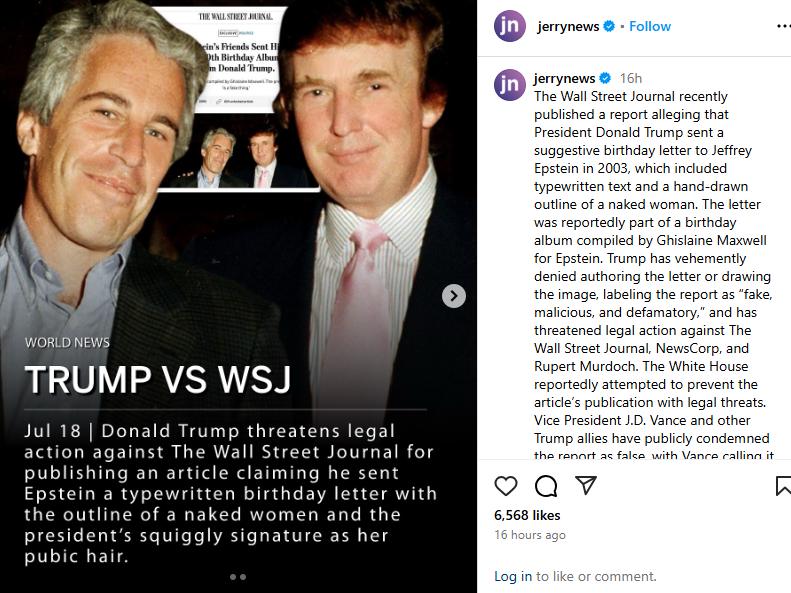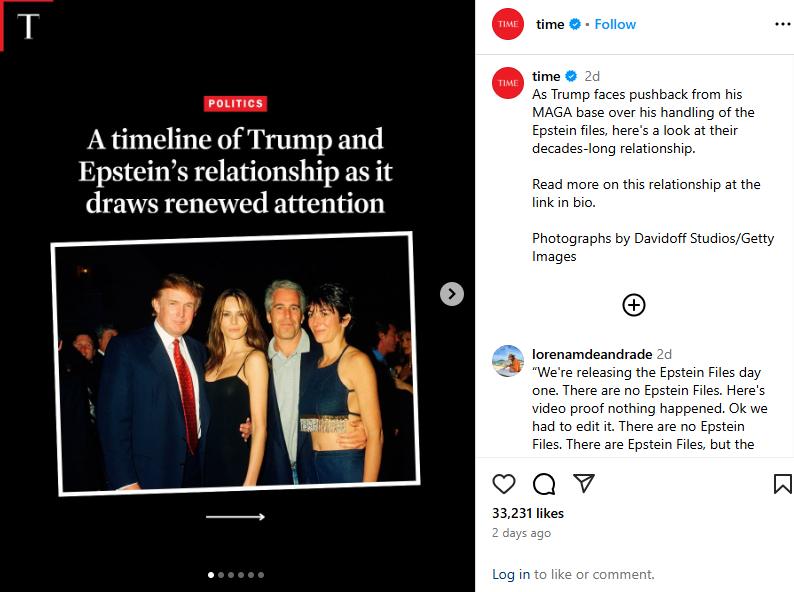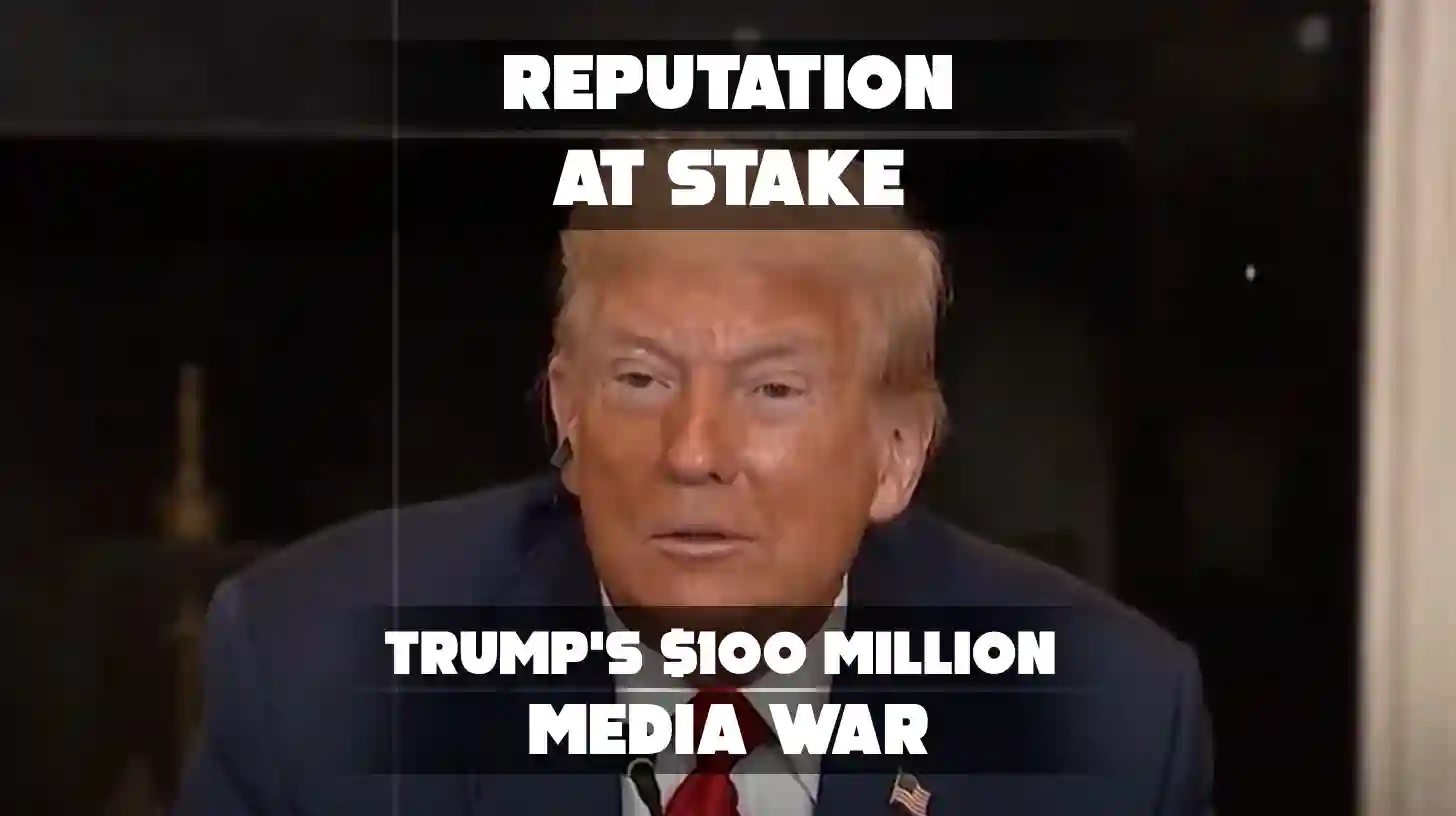President Donald Trump has filed a $10 billion libel lawsuit against The Wall Street Journal, accusing the media outlet of publishing false and defamatory statements regarding his business dealings. Trump claims that the articles published by the Journal misrepresented his actions and unfairly cast doubt on his financial integrity.
This lawsuit highlights the ongoing battle between powerful public figures and the media, with Trump seeking to protect his image from what he describes as baseless and harmful reports.
The Accusations and Background of the Lawsuit
The lawsuit stems from a series of articles that the Wall Street Journal published, which Trump alleges falsely accused him of engaging in illegal and unethical business practices. The president claims that the articles, which scrutinize his financial dealings and business ventures, were misleading and defamatory.
According to Trump, these accusations have caused significant harm to his personal and professional reputation.
Trump’s legal team insists that the reporting was not only inaccurate but malicious, to undermine his credibility and professional standing in the business world. The president has long defended his business acumen, and these reports, he argues, are a direct attack on his career and legacy.
Legal Implications of a Libel Lawsuit

A $10 billion libel lawsuit of this magnitude is not just about protecting one’s reputation, but also about holding the media accountable for what is published. For Trump, this case goes beyond his grievance; it is a statement against what he perceives as a growing trend of unfair media attacks against him.
If the lawsuit progresses to court, it could set a significant legal precedent for how the media handles defamation cases, especially those involving high-profile individuals with substantial public influence.
Potential Impact on Media Freedom

Trump’s lawsuit also raises important questions regarding the balance between free speech and responsible journalism. While freedom of the press is a cornerstone of democracy, the question arises as to how far the media can go in publishing information that might harm an individual’s reputation without consequences.
If Trump succeeds in his $10 billion libel lawsuit, it could potentially prompt a reevaluation of how media outlets approach reporting on powerful figures, especially in cases involving business ethics and legal accusations.
The outcome of this lawsuit could have far-reaching consequences, not only for Trump’s public image but also for how the media reports on high-profile business figures in the future. As the legal battle unfolds, it will be closely followed by legal experts, journalists, and political analysts alike.





